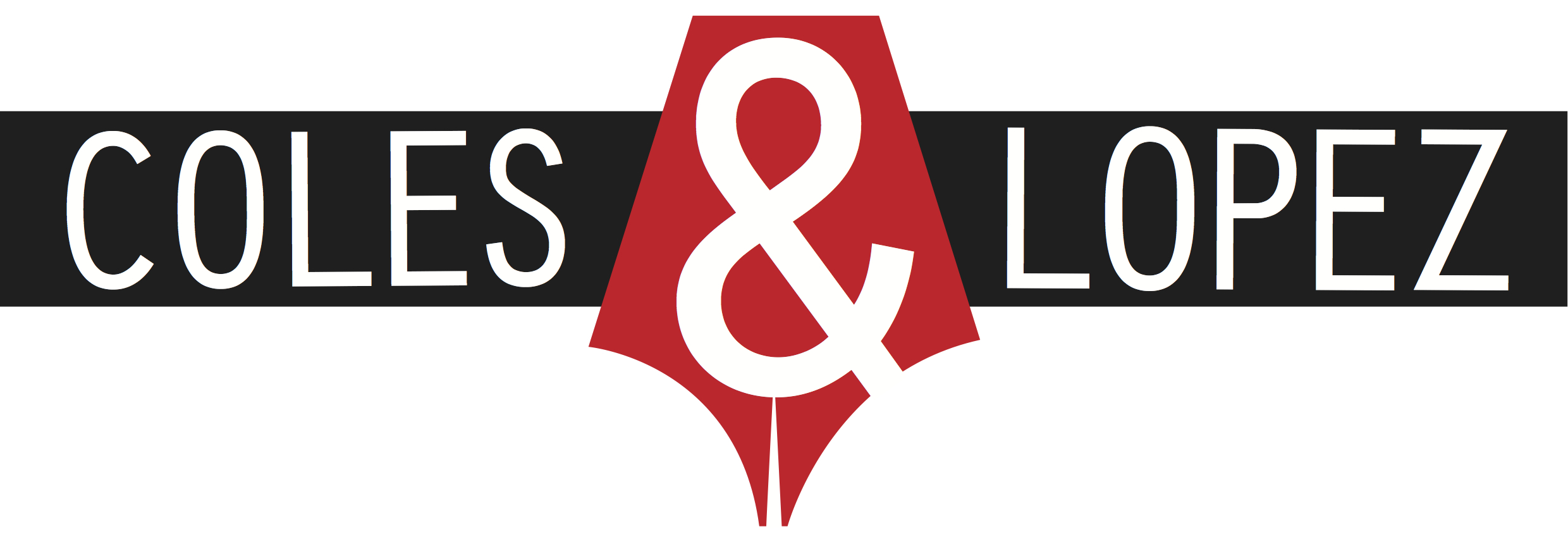Paddy Clarke Ha Ha Ha
What it lacks in plot, it makes up for in poetic prose and a spot-on evocation of childhood.
First of all, let’s just stop and appreciate how great this book title is. So convention-busting! So poetic! So fun to say aloud, replacing the name “Paddy Clarke” with the names of your family and friends!
In fact, I feel the same way about the title as I do about the whole novel: It breaks all the rules, but the language is so captivating that you still can’t get enough of it.
There’s no real storyline. No beginning, middle or end; no crisis and resolution; no strict chronological order. Instead, Doyle gives us a series of vignettes from the life of 10-year-old Patrick, who lives in the fictional Dublin suburb of Barrytown with his parents and younger brother, Sinbad.
The closest thing to a plot is the gradual disintegration of Patrick’s parents’ marriage. But, since Doyle writes from Patrick’s point of view, we have a very limited perspective on what’s going on between “Ma” and “Da”. Like him, we hear snatches of their arguments through closed doors, and we’re left to wonder whether it’s as bad as it sounds.
Paddy Clarke Ha Ha Ha is a coming-of-age novel of sorts. But, more than that, it’s prose poetry. Doyle’s writing is wonderful – sharp, comic, rhythmic and peppered with Irish slang and Gaelic, which I always find irresistible.
He has an uncanny talent for putting himself in the mindset of a young boy. Patrick is the same age as the author, 10 years old in 1968, and Doyle doesn’t shy away from remembering how casually brutal boys of that age can be:
We got Aidan and shoved him down the hole. He had to stay down there on the platform and we lobbed muck in … If we lobbed the muck low it went through the hole at an angle and hit the platform walls and maybe Aidan. We surrounded him.
I’ve noticed that fictional accounts of childhood bullying are almost always written from the point of view of the victim, or else a reluctant accomplice who joins in the bullying but feels guilty about it. In this book, though, Patrick is often the ringleader, and Doyle doesn’t make the mistake of giving a 10-year-old boy an adult moral compass.
It’s things like this – Doyle’s spot-on evocation of childhood, without any of the whitewashing or nostalgia that the passing of time can bring – that make Paddy Clarke Ha Ha Ha so compelling to read, despite the lack of a page-turning plot.

